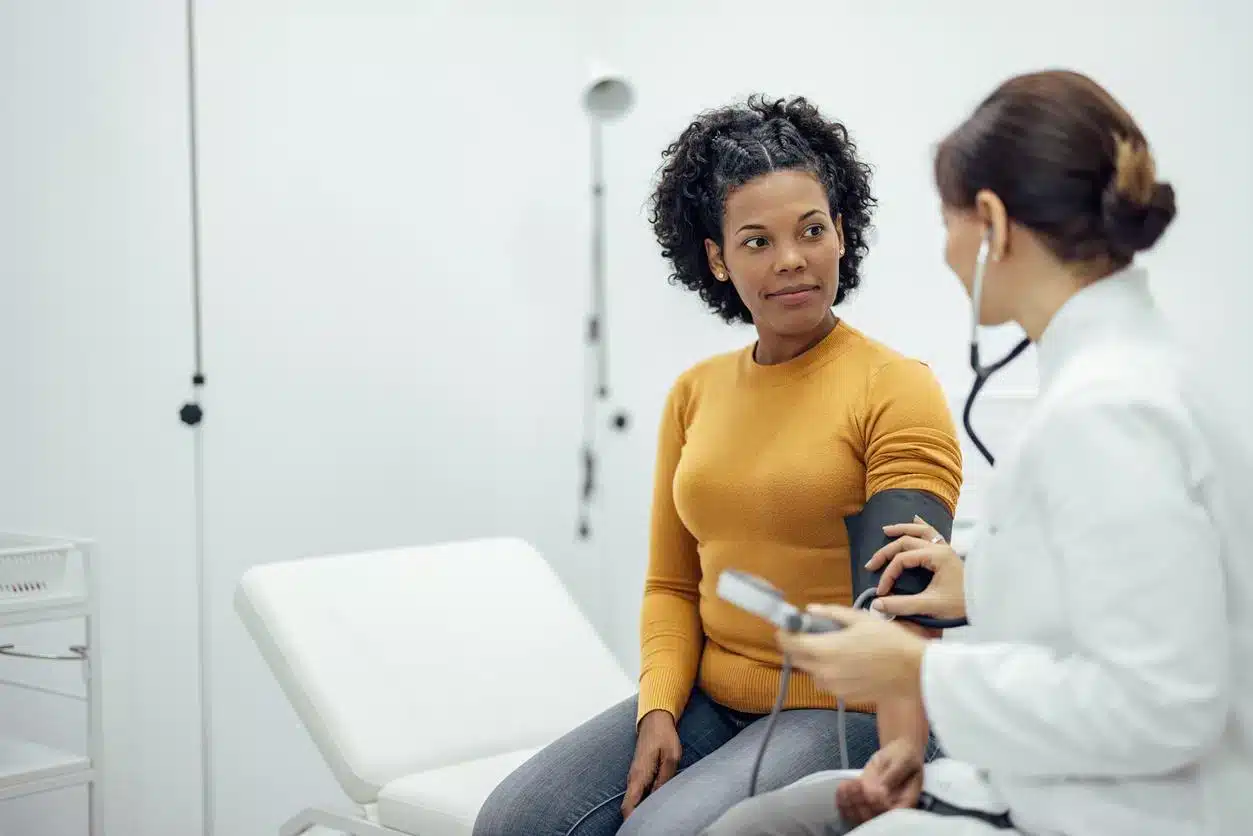As a woman, adopting good health habits like getting regular exercise, eating a well-balanced diet, and managing stress are all great ways to take care of your health. However, these steps are not enough. Keeping up with routine annual health screenings should also be included in those habits. Why? Because an annual wellness visit is vital to catching any worrisome medical conditions early when they are most treatable.
As you age, your body begins to change. It starts to get weaker and your immune system gets lowered, which can increase the risk of contracting various health conditions regardless of how well you maintain yourself. To keep you in check, we have provided you with some of the essential screening tests you should consider getting.
1. Mammogram
A mammogram is an X-ray conducted to examine the breast and is one of the most important annual screenings. It is a test used to detect and diagnose breast cancer in women. As one of the most common cancers in the U.S., having regular mammograms is the best way for breast cancer to be detected early.
So, when should you have it? There is no specific time as to when to have the examination, but according to the American Cancer Society, women should start annual screening at age 45 and then every two years at age 55 and above. If you have a family history of breast cancer, it is best to talk to a doctor and start an annual screening earlier.
It is also very important for any woman to know what their breasts feel and look like and to report any changes they may feel to a doctor right away. This you can do through self-examination at home.
2. Blood pressure test
Every woman should have their blood pressure measured to ascertain how many times they should have screenings. If it’s below 120/80 mmHg, which is considered an unhealthy range, it is recommended that you have it checked once every two years. However, at older ages, 40 and above, the U.S. Preventive Services Task Force (USPSTF) recommends yearly checkups.
High blood pressure can lead to life-threatening conditions like heart attacks, kidney disease, and stroke. You need to know your blood pressure earlier.
3. Cervical cancer screening
A Pap smear test is a screening procedure that is used to diagnose and detect cervical cancer. The test looks for the presence of precancerous and cancerous cells in the cervix or the uterus. It is one of the most important screening tests women should get at their younger ages. Screening should start at the age of 30, some as early as 21, at least once every three years. If the results are negative, you can wait three years until your next visit.
4. Bone density screening
This kind of screening checks for osteoporosis, a bone-thinning disease that may lead to fractures. Women ages 65 and older are mostly recommended to be screened for osteoporosis. It is also recommended for younger women with an increased risk from medications they take, too much alcohol consumption, or low body weight. A doctor will recommend how often you will have to go for checkups after the first screening.
5. Liquid panel test
Too much cholesterol in the body can build up with other substances in the blood and form plaque, an event that can lead to an increase in heart disease or stroke. High cholesterol has no symptoms, which is the reason why it is always advisable to go for screening. Young women starting at the age of 20 should have their cholesterol checked every two to three years. High-risk individuals should, however, have shorter screening intervals according to their doctor’s advice.
Key takeaway
These are just a few of the preventive annual screenings you should include in your healthcare routine. Your doctor will also be in a much better position to advise you as to how and when you should get them.
Women’s Imaging Specialists understand how critical your health is, which is why we provide effective mammography screenings for the early detection of breast cancer. We are dedicated to providing you with exceptional experience and accurate results too. Schedule a mammogram screening with us today by visiting our annual screenings page. You can also contact us for more information.



